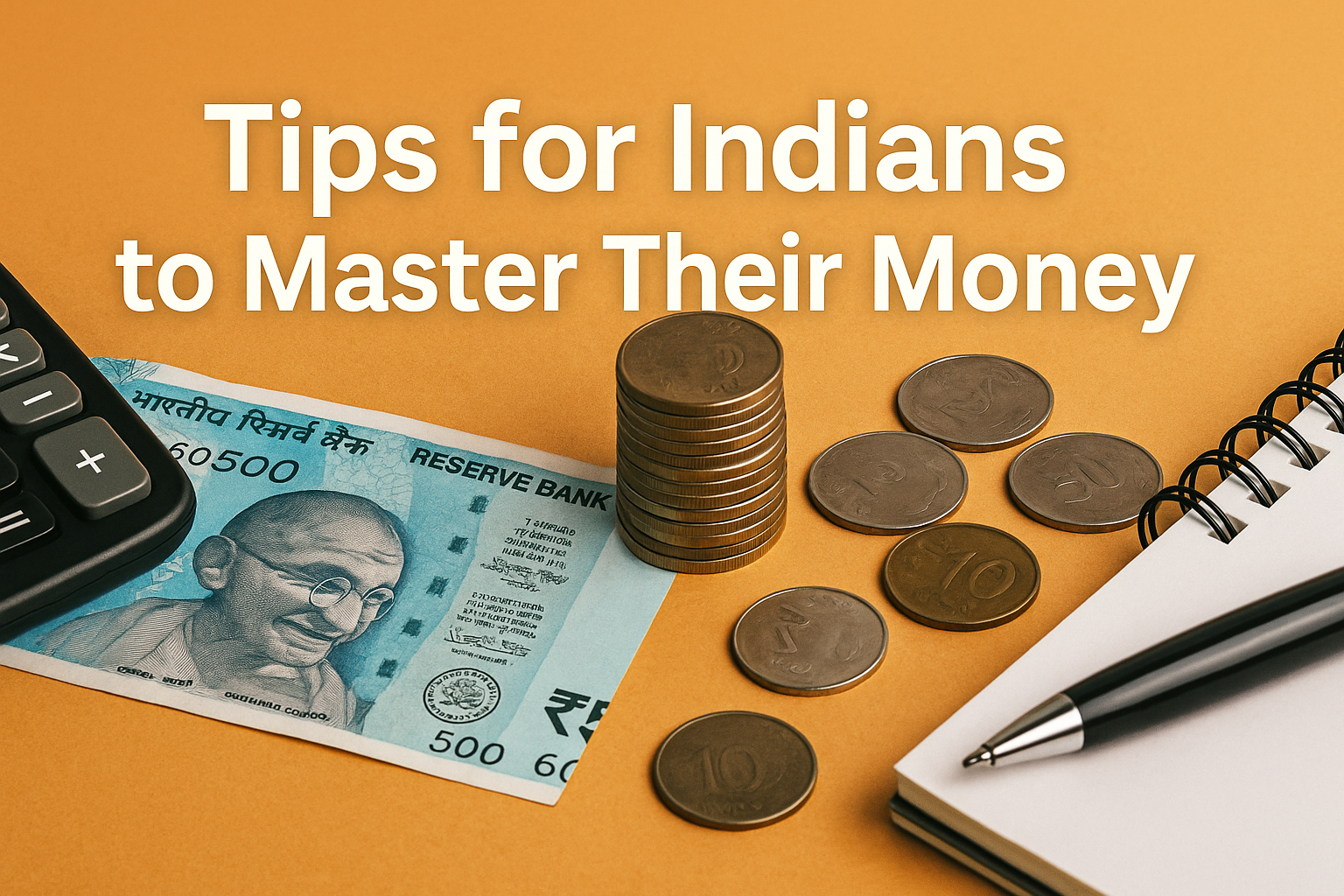Introduction
Managing personal finances in a dynamic and diverse country like India can be challenging. With the rise of e-commerce, increasing consumerism, and cultural obligations like festivals and weddings, making sound financial decisions requires both discipline and awareness. behavioural economics, a field that combines psychology and economics, offers valuable insights into how we can make better financial choices.
Renowned behavioral economist Dan Ariely, a professor at Duke University and author of Dollars and Sense: How We Misthink Money and How to Spend Smarter, emphasizes that our financial decisions are often driven by emotions and biases rather than rational thinking. By understanding these psychological factors, Indians can adopt practical strategies to spend smarter, save effectively, and plan for a secure financial future.
Dan Ariely
In this blog, we explore five key tips inspired by Ariely’s work and tailored to the Indian context. These tips address common financial challenges faced by Indians, from impulsive online shopping to planning for long-term goals like retirement and family responsibilities.
By combining behavioural economics with practical personal finance advice, this guide aims to help you achieve financial well-being.
1. The Psychology of Spending: Avoid Impulse Purchases
Dan Ariely suggests that one of the biggest financial mistakes is making impulse purchases, often driven by the excitement of a new product or a limited-time offer.
He recommends a 48-hour “cooling period” before making online purchases to ensure they align with your needs and goals. In India, the e-commerce boom, with platforms like Flipkart and Amazon India, has made impulse buying easier, especially during festive sales like Diwali or Big Billion Days. The fear of missing out (FOMO) can lead to overspending on items that may not be necessary.
Dan Ariely
How to Apply This in India:
- Set a Festive Budget: Festivals like Diwali often lead to increased spending on gifts, decorations, and sweets. Plan your festival budget in advance and stick to it to avoid post-festival financial stress.
- Avoid Social Media Triggers: Social media ads on platforms like Instagram can tempt you to buy impulsively. Limit your exposure to such ads or use ad-blockers to stay focused.
- Cultural Context: In India, social pressures, such as buying gifts for relatives or hosting lavish celebrations, can drive impulsive spending. Reflect on whether these expenses align with your financial goals before making purchases.
By adopting a mindful approach to spending, you can reduce unnecessary expenses and allocate more money toward savings and investments.
2. The Importance of Saving: Understand Opportunity Cost
Saving is a cornerstone of financial stability, and in India, it’s deeply ingrained in the culture, with many saving for milestones like weddings, education, or festivals.
Ariely emphasizes the concept of opportunity cost—every rupee spent is a rupee not saved or invested, potentially reducing future financial security. Understanding this can help you prioritise saving over unnecessary spending.
Dan Ariely
How to Apply This in India:
- Automate Your Savings: Set up automatic transfers from your salary account to a savings account or investment scheme like the Public Provident Fund (PPF) or National Pension System (NPS) or Mutual Funds (MF). This ensures you save first and spend what’s left, aligning with the Indian habit of prioritizing savings.
- Build an Emergency Fund: Aim to save at least 6 months’ worth of expenses in an emergency fund. In India, where job security can be uncertain, especially in the informal sector, a financial buffer is crucial.
- Cultural Savings Goals: Use cultural milestones as motivation. For example, start a dedicated savings plan for your child’s education or a family wedding. Schemes like Sukanya Samriddhi Yojana are popular for saving for a girl child’s future.
- Leverage Technology: Apps like Moneyview or ET Money can help you track your savings and set goals, making it easier to stay disciplined.
By prioritising savings and understanding the long-term value of each rupee, you can build a strong financial foundation.
3. Investing Wisely: Diversify and Educate Yourself
Investing is a powerful way to grow wealth, but behavioural economics shows that emotions like fear or greed can lead to poor investment decisions.
Ariely’s work highlights the need to educate yourself about investment options and avoid decisions driven by market hype. In India, investment options range from traditional choices like gold and fixed deposits to modern avenues like mutual funds and stocks.
Dan ariely
How to Apply This in India:
- Diversify Your Portfolio: Spread your investments across asset classes like equity (mutual funds, stocks), debt (fixed deposits, bonds), and gold. This aligns with the Indian preference for gold as a safe investment and reduces overall risk.
- Start Small: If you’re new to investing, begin with low-risk options like PPF or debt mutual funds. Gradually explore equity mutual funds through platforms like Groww or Zerodha.
- Educate Yourself: Use resources like NSE Centre for Behavioural Science or financial blogs to learn about market trends and behavioural biases. Understanding these can help you avoid common pitfalls like chasing high returns without assessing risks.
- Avoid Herd Mentality: During market booms, many Indians rush into stocks or cryptocurrencies without proper research. Assess your risk appetite and consult a financial advisor if needed.
By diversifying and staying informed, you can build a resilient investment portfolio that withstands market volatility.
4. Managing Debt: Spend Wisely to Avoid Debt Traps
With rising consumerism in India, debt—especially from credit cards and personal loans—is becoming a significant issue.
Ariely’s advice on spending wisely can help you avoid debt traps. Before taking on debt, consider whether it’s for an asset that appreciates in value (like a home or education) or for depreciating items (like gadgets or vacations).
Check out dan ariely’s Book – Dollars and SENSE
How to Apply This in India:
- Prioritize High-Interest Debt: Focus on paying off high-interest loans first, such as credit card balances or personal loans, which often have interest rates above 15%.
- Use Credit Cards Wisely: Credit cards are convenient but can lead to debt if not managed properly. Use them only if you can pay off the balance in full each month to avoid interest charges.
- Plan for Big Expenses: Weddings and other cultural events often lead to significant debt in India. Save in advance for these expenses using recurring deposits or mutual funds to avoid loans.
- Seek Alternatives: Instead of taking a personal loan for non-essential purchases, consider saving up or exploring low-cost financing options like zero-interest EMI schemes for essential items.
By being cautious with debt, you can maintain financial freedom and avoid long-term stress.
5. Financial Planning for the Future: Set Clear Goals
Financial planning is essential in India, where family responsibilities often extend beyond the nuclear family, and social security systems are limited.
Ariely’s work emphasizes setting clear financial goals and understanding the long-term impact of your decisions. In India, this includes planning for retirement, education, and unexpected emergencies.
Check out dan ariely’s book – Misbelief
How to Apply This in India:
- Set SMART Goals: Make your financial goals Specific, Measurable, Achievable, Relevant, and Time-bound. For example, “Save ₹10 lakh for my child’s education in 10 years.”
- Use Budgeting Tools: Apps like Axio or ET Money can help you track income, expenses, and savings. Follow the 50:30:20 rule—50% for needs, 30% for wants, and 20% for savings and investments.
- Invest in Insurance: With rising healthcare costs, adequate health insurance is crucial. Life insurance, such as term plans from HDFC Life, ensures your family’s financial security in case of unforeseen events.
- Retirement Planning: Start early with schemes like NPS or equity mutual funds. In India, where pensions are not universal, personal retirement planning is vital.
By setting clear goals and planning ahead, you can ensure financial security for yourself and your family.
Conclusion
By applying the principles of behavioural economics, as championed by Dan Ariely, Indians can make smarter financial decisions. From avoiding impulse purchases to planning for the future, these tips address both psychological biases and practical challenges unique to India. Whether you’re saving for a festival, investing for wealth creation, or planning for retirement, understanding your behavior and aligning it with your financial goals is key.
Start implementing these strategies today to take control of your financial future. Track your expenses, automate your savings, and educate yourself about investments. If you have questions or want to share your experiences, feel free to comment below or connect with financial communities like the India Behavioural Economics Network.
Read more about Dan Ariely by clicking the image.

Disclaimer: At mindyou.in, we believe in transparency and trust. Some of the links on our website are affiliate links, which means we may earn a small commission—at no additional cost to you—if you make a purchase through them. These commissions help us continue providing valuable content and recommendations. Rest assured, we only promote products and services that align with our values and that we genuinely believe will benefit our community.

